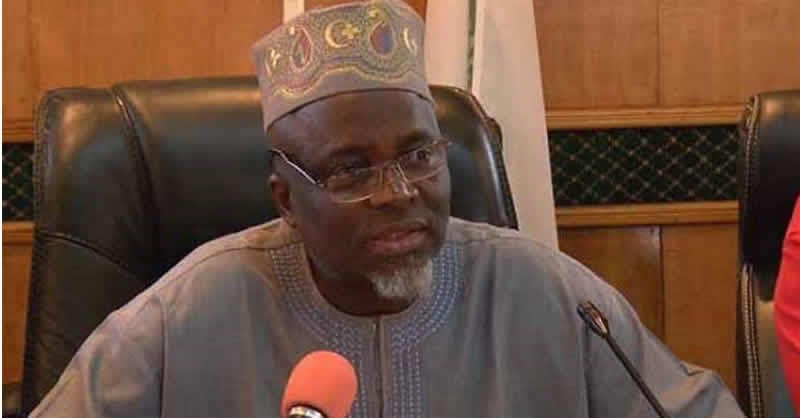Residents of Kubwa, a densely populated suburb in Nigeria’s Federal Capital Territory (FCT), say they are bearing the brunt of the ongoing water supply disruptions linked to major rehabilitation works at two of Abuja’s four water treatment plants.
The Federal Capital Territory Administration (FCTA) had announced a two-week water rationing period due to the shutdown of Phases 1 and 2 of the water treatment facilities currently undergoing upgrades. According to a press statement by Lere Olayinka, Senior Special Assistant on Public Communications and Social Media to FCT Minister Nyesom Wike, the disruption is necessary for “the replacement and reinstallation of electro-mechanical equipment” critical to the plants’ operation.
But in Kubwa, the effects are already biting hard.
“We’ve been struggling for days,” said Jummai Lawal, a mother of four who spoke with Africa Health Report. “No notice was given in our area. We woke up to dry taps, and now I have to wake at 4 a.m. to queue for water from boreholes.”
Another resident, Uche Ogbonna, expressed concern about hygiene and the health implications. “This is the worst time for water shortage. We have children, the weather is hot, and we need clean water to stay healthy. Nobody told us the government would cut water,” he said.
Wike, in the official statement released Sunday, clarified that the disruption is only partial, not a total shutdown. “Phases 3 and 4 of the treatment plants are still operational, but they cannot meet the total water demand of Abuja residents,” he explained.
He also assured that the two treatment plants under repair—Phases 1 and 2—will temporarily resume operation during the Sallah festive period to ease the pressure on residents. “The rehabilitation is in advanced stages and SCC Nigeria Limited is working 24/7 to ensure early completion,” the Minister said.
To manage the shortfall, the FCT Water Board has introduced a rationing system, alternating between Lines 1 and 2 of the water distribution network.
Still, residents say the rationing has yet to reflect in consistent supply. “They said it’s rationed, but we haven’t seen a drop in two days,” said Kabiru Abdullahi, a trader in Kubwa Village Market. “We need better communication, or at least water tankers.”
The FCTA has urged residents to store water during supply periods and bear with the temporary inconvenience, promising better and more efficient service once repairs are completed.
But for communities like Kubwa, resilience is already being tested. “We can endure,” Jummai said, “but we deserve to be informed and supported, not left in the dark without water.”



